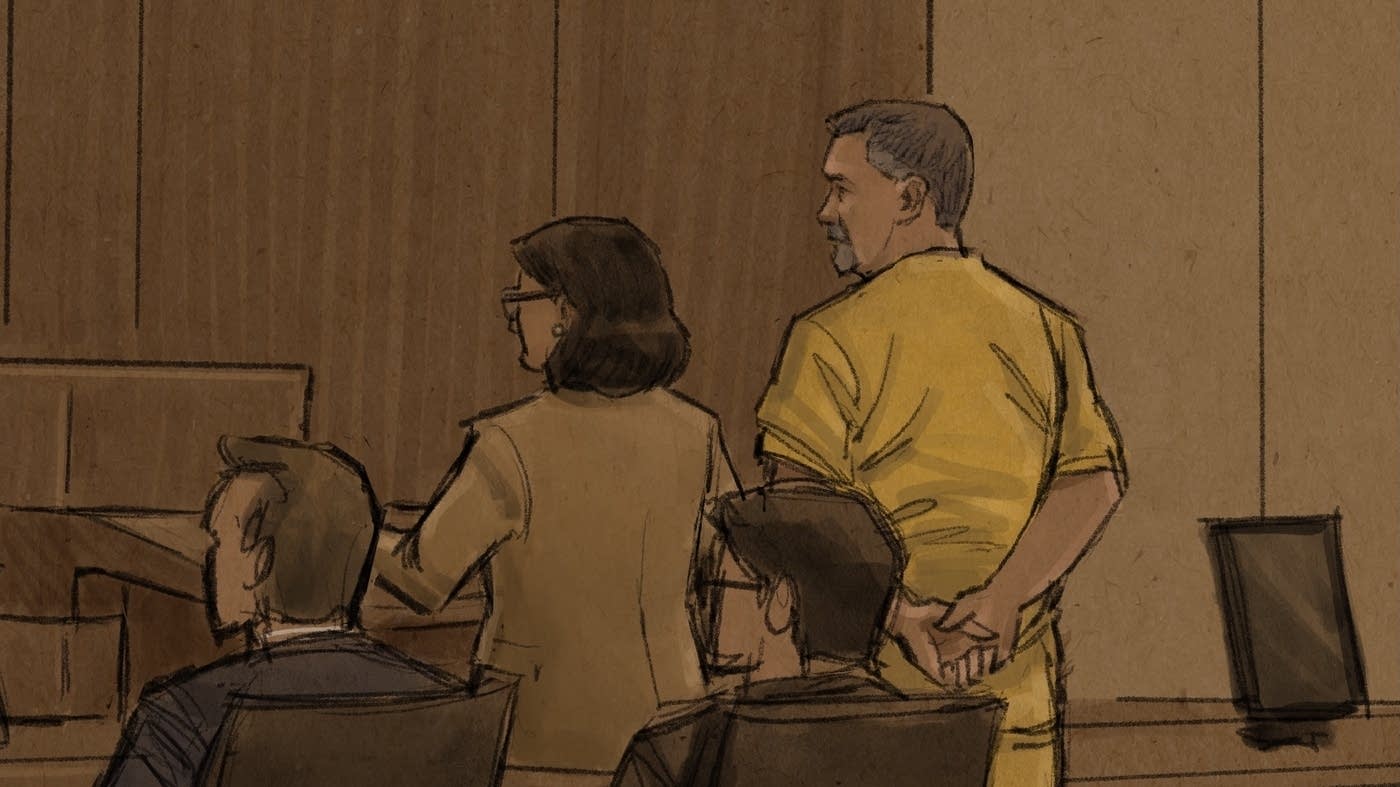The individual charged with the fatal shooting of a Minnesota state representative has formally denied the allegations against him during a recent court proceeding. The defendant, appearing before a district court judge, refused to accept responsibility for the violent incident that claimed the life of the prominent public official earlier this year.
Legal representatives for the accused submitted the not guilty plea on all counts, including first-degree murder and related firearm charges. This plea sets the stage for what prosecutors anticipate will be a complex and emotionally charged legal process. The court has scheduled multiple pretrial hearings to address evidentiary matters and procedural questions before establishing a trial date.
Court documents reveal that authorities allege the shooting occurred following a prolonged dispute between the suspect and the legislator, though specific details about the nature of their relationship remain sealed under a protective order. Investigators reportedly recovered the alleged murder weapon and have collected numerous witness statements to support their case.
The victim, known for advocating criminal justice reform and community safety initiatives, had served in the state legislature for nearly a decade before the tragic incident. Colleagues and constituents have described the lawmaker as a dedicated public servant whose death has left a significant void in Minnesota politics.
Prosecutors have stated that they might seek a sentence of life behind bars without the possibility of parole if the individual is found guilty. The county attorney’s office has brought together a dedicated team to manage the prominent case, utilizing seasoned homicide prosecutors and investigators.
Lawyers for the defense have indicated their plan to dispute various parts of the state’s evidence, such as the validity of specific forensic tests and the context in which the defendant’s first statements to law enforcement occurred. Experts in law propose that the defense might aim to scrutinize the investigative methods and how the digital evidence is analyzed.
The legal proceedings have captured major media coverage and raised public curiosity, resulting in increased security at the courthouse. Court officials have set up a lottery system for public seating owing to the restricted space in the courtroom and the high interest shown by reporters and locals.
Community leaders have called for calm as the judicial process unfolds, emphasizing the importance of allowing the legal system to operate without interference. Local organizations have planned vigils and memorial events to honor the slain legislator’s legacy while respecting the ongoing criminal case.
The upcoming segment of the legal process will entail thorough investigation, during which both parties will share evidence and interrogate possible witnesses. Legal specialists anticipate that the pretrial period may last for several months due to the intricate nature of the case and the substantial amount of evidence at hand.
As the community continues grieving the loss of their elected representative, this case raises broader questions about the safety of public officials and the increasing threats they face. The Minnesota legislature has recently debated enhanced security measures for lawmakers, though no formal policy changes have been implemented since the incident.
The court has imposed a gag order prohibiting involved parties from discussing case details publicly, ensuring the judicial process remains uncompromised by external commentary. This measure aims to protect the defendant’s right to a fair trial while maintaining the integrity of the proceedings.
Analysts point out that this incident is considered one of the most important legal actions in recent Minnesota history, given the victim’s influential role and the context of the supposed offense. The result is expected to have enduring effects on both the local community and the state’s political scene.
While the legal proceedings persist, the community is split between individuals desiring quick justice and those urging for a comprehensive review of all the evidence. This friction highlights the wider difficulties encountered by the criminal justice system in managing prominent violent crimes involving well-known personalities.
The case’s progression will be closely monitored by legal experts, political observers, and community advocates alike, all seeking resolution while honoring the legacy of the fallen legislator. The court has emphasized its commitment to ensuring a fair and transparent process for all parties involved in this tragic case.

